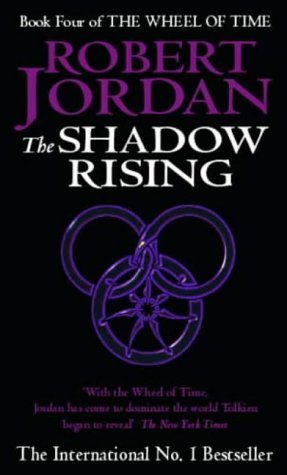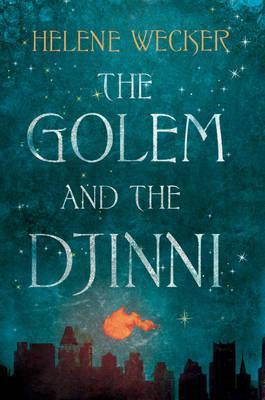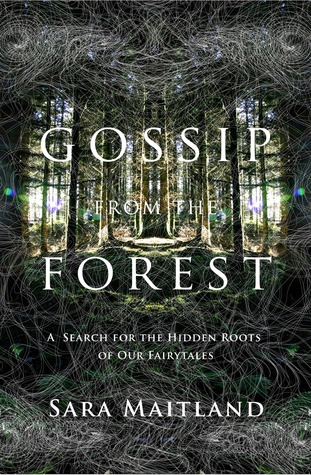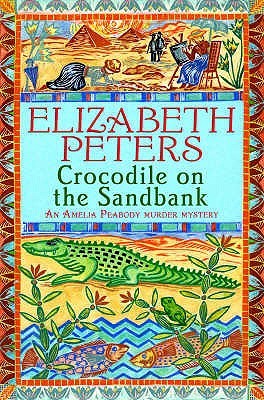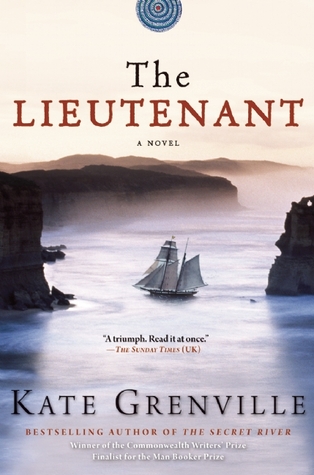With Tom on Christmas holidays for the past week and a bit, I've had more time to sink into some fantastic books. Christmas makes me crave something magical from the fantasy genre, something full of wonder and delight and escapism. One year I devoured the whole Inkheart series by Cornelia Funke, and it was just perfect for the season.
Aside from The Hobbit, which I have a full review of here, I also decided to pick up Jo Walton's Among Others this Christmas, which I've heard great things about. It features one of the strongest protagonists I've come across in a long time, Morwenna Phelps, a fifteen year old girl in 1979 who has just run away from her mother, a dark witch, after the death of her twin. She ends up at an English boarding school and the book is told in the form of a diary. The real magic in Among Others is the way that Mori's love of reading is expressed. Any book lover will relate to her descriptions of her feelings as she reads various books, and how books have become her solace in difficult times. When she has to be thankful for something as she prays, she is thankful for the interlibrary loan system.
I think Among Others would be even more special for someone who grew up reading science fiction. I've read my fair share, but nowhere near as much as Mori, and I didn't catch all of the references. But as a book lover, her enthusiasm got to me and I ended up writing a list of all the books she mentioned that I must get my hands on, Ursula Le Guin prominent among them (should I start with Earthsea?). The main plot of the book follows Mori's attempts to use magic to stop her mother and her attempts to come to terms with the death of her sister, but the fantasy elements are written with a light touch. In fact, I'm not even sure whether I believed Mori at all, or whether she just had an over-active imagination. I treasured the book mostly as a coming of age story, in line with Dodie Smith's I Capture the Castle. Highly recommended.
A lot of my December reading has been taken up with the fourth installment in Robert Jordan's epic Wheel of Time series, The Shadow Rising. These are really immersive books and by now I know enough about the world and characters that reading them is just pure escapism. As always, the writing was a bit meandering, and the way that the female characters are written leaves a lot to be desired, but I have so much fun reading them. This volume was roughly 1000 pages, but it just flew by. I loved visiting the Aiel Waste and finding out more about women who can channel (do magic) in the different societies of the world, and the varying ways they are treated. I found the sections where Perrin returns to the Two Rivers, his homeland, to defend it rather boring, and I'm optimistic that he will feature less in the next volume, which I'm sure I will pick up before too long.
And now for something completely different - race relations in the Deep South. Earlier in the month, I wrote a blog post about all the fantastic books on my kindle I have yet to get to, and Scottsboro got a lot of love in the comments. And well deserved all of that love was. It's based on the true case of a group of nine black boys arrested in Alabama in 1931, accused of raping two white girls, which they didn't. One of the girls stubbornly sticks to her story, but the other keeps changing her statements, and it's soon clear to anyone with a brain that the boys are innocent. But this is the Deep South in the 1930s, and the political powers in Alabama have no interest in freeing the boys - indeed, they think they have been remarkably fair by giving them a sham trial, rather than just lynching them on the spot.
The story is told mainly from the perspective of a female journalist from New York, who becomes part of the campaign to free the boys. She is a great voice as she's remarkably perceptive on the subtle nuances of the different prejudices of those supporting and condemning the boys. She points out that a lot of the support is for personal or political gain, observing that if the boys were to suddenly turn up in the middle of a New York party full of their 'friends', no one would know quite what to do with them. We are also introduced to Ruby, one of the two girls who originally cried rape. Feldman deftly uses Ruby's poverty and life history to show why she lied, and why she would tell the truth.
In places, Scottsboro was a depressing read. There's one point late in the novel where I had to set it aside for a minute, disgusted by the selfishness of humans in general, and how willing we as a society are to knowingly allow others to suffer for our gain. Somehow, no one in this book is doing the right thing for the right motives, and it made for grim reading. I take my hat off to Feldman's wonderful writing and perceptiveness, and this is surely an important book. I can't see I enjoyed all of it, but it had a powerful impact on me.
And that's my recent reading up to date. At the moment, I'm in a bit of a classics mood, and I'm thinking of rereading Pride and Prejudice by Jane Austen over the next few days. After that, I'm intending to look through my classics club list and pick a few more titles to immerse myself in. Happy reading in 2015!

